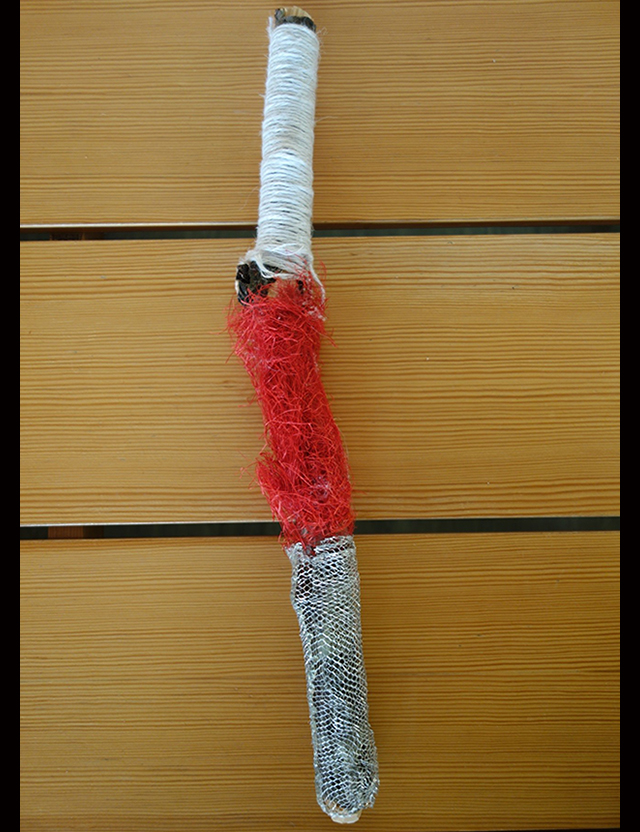
Learn how to improve the lives of individuals with deafblindness or complex communication needs? Unravel their non-verbal communication? Analyse how dual sensory loss impacts development, daily functioning and daily life?
The part-time programme is identical to the full-time programme, but is divided over two years. You will find the exact division of courses on this page once the programme for 2025/2026 is set.
| Semesters | ||||
|---|---|---|---|---|
| VakkenVakkencatalogus > | 1a | 1b | 2a | 2b |
| Introduction to Deafblindness (5 EC) | ||||
| Theories and Models (5 EC) | ||||
| Internship (20 EC) | ||||
| Semesters | ||||
|---|---|---|---|---|
| VakkenVakkencatalogus > | 1a | 1b | 2a | 2b |
| Master thesis (20 EC) | ||||
| Qualitative Research methods (5 EC) | ||||
| Participation and Policy (5 EC) | ||||
| Specifieke eisen | Extra informatie |
|---|---|
| vooropleiding |
another relevant university bachelor's degree + demonstrable proficiency in the required basic knowledge. |
| minimum kennis |
|
| Vooropleiding | Organisatie | Instroom |
|---|---|---|
| Alle WO-instellingen |
Via een pre-master van maximaal You hold a relevant bachelor's degree and can demonstrate that you meet the required knowledge minimum. The admissions committee will assess whether you are eligible for admission. |
|
| Pedagogische Wetenschappen | Alle WO-instellingen |
Drempelloze toelating Extra informatie:Or Educational Sciences. |
| Vooropleiding | Organisatie | Instroom |
|---|---|---|
| Pedagogische Wetenschappen | Rijksuniversiteit Groningen | Drempelloze toelating |
| Type student | Deadline | Start opleiding |
|---|---|---|
| Nederlandse studenten | 01 juni 2026 | 01 september 2026 |
| 01 juni 2027 | 01 september 2027 | |
| EU/EEA studenten | 01 mei 2026 | 01 september 2026 |
| 01 mei 2027 | 01 september 2027 | |
| non-EU/EEA studenten | 01 mei 2026 | 01 september 2026 |
| 01 mei 2027 | 01 september 2027 |
| Specifieke eisen | Extra informatie |
|---|---|
| vooropleiding |
A completed university bachelor's degree in Educational Sciences or a related field allows you to request admission. |
| minimum kennis |
|
| taaltoets cijfer |
The official language of the programme is English. Applicants who are not native speakers must provide official proof of proficiency. Institutional TOEFL scores are not accepted. One of the following is required:
|
| Type student | Deadline | Start opleiding |
|---|---|---|
| Nederlandse studenten | 01 juni 2026 | 01 september 2026 |
| 01 juni 2027 | 01 september 2027 | |
| EU/EEA studenten | 01 mei 2026 | 01 september 2026 |
| 01 mei 2027 | 01 september 2027 | |
| non-EU/EEA studenten | 01 mei 2026 | 01 september 2026 |
| 01 mei 2027 | 01 september 2027 |
Apply expertise in assessment and intervention tools within a clinical and educational setting in inclusive and special needs education or related fields, for example in complex communication needs such as autism, mutism, and Profound Intellectual and Motor Disabilities (PIMD).
Establish and manage an independent practice to serve diverse client needs.
Conduct scientific research or pursue a PhD to advance knowledge and practice in the field.
